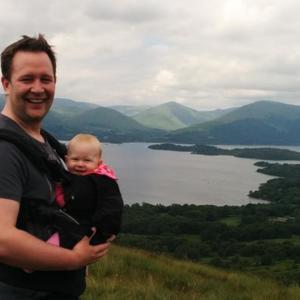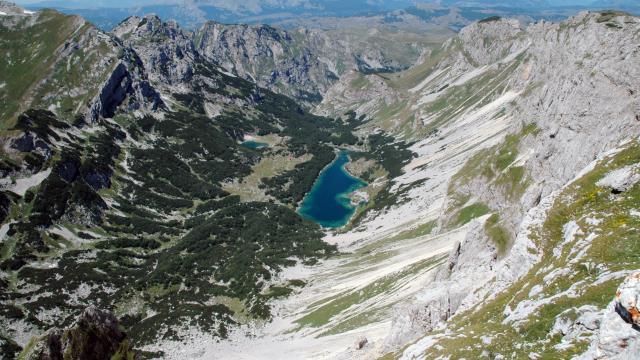Montenegro Tours & Vacations
Small Group Tours & Tailor-Made Vacations
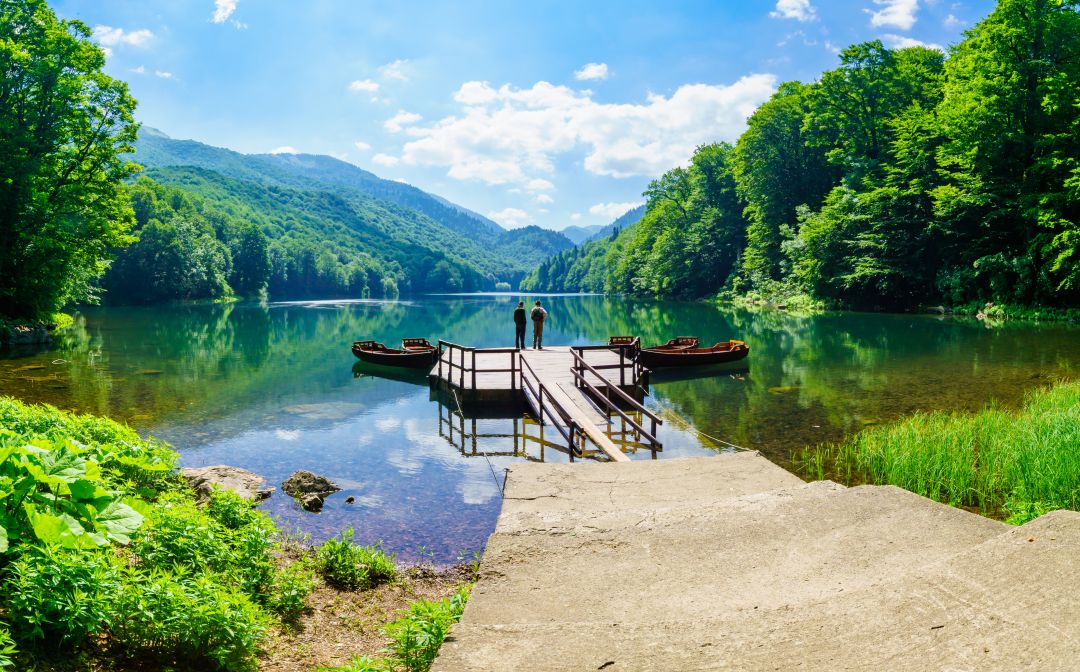
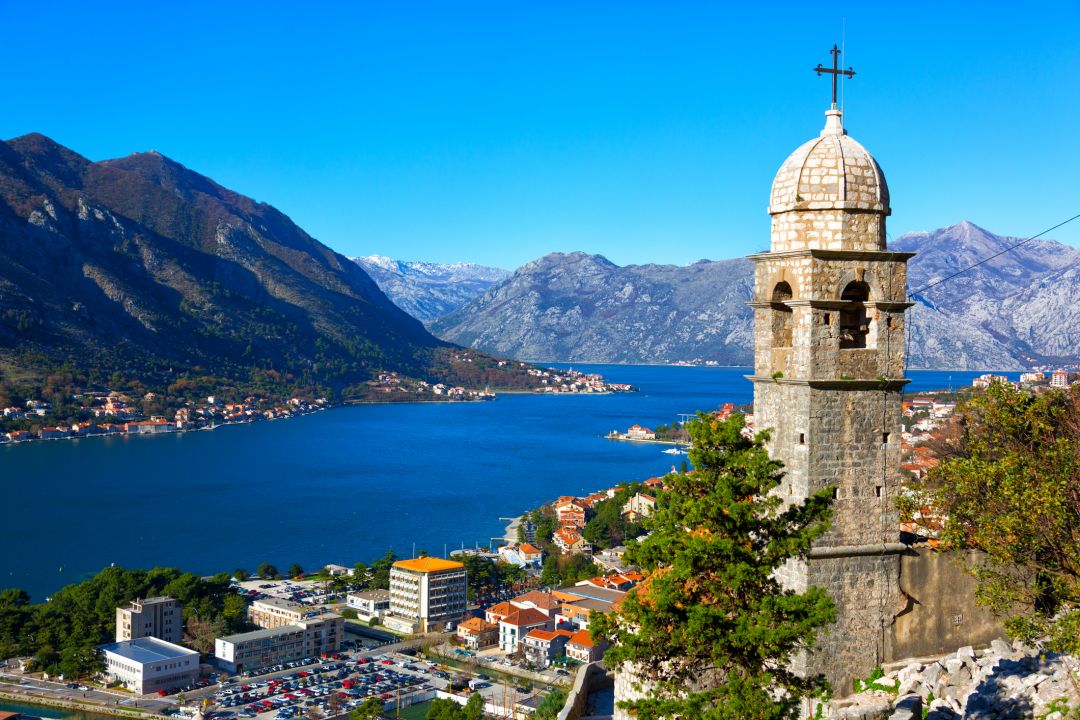
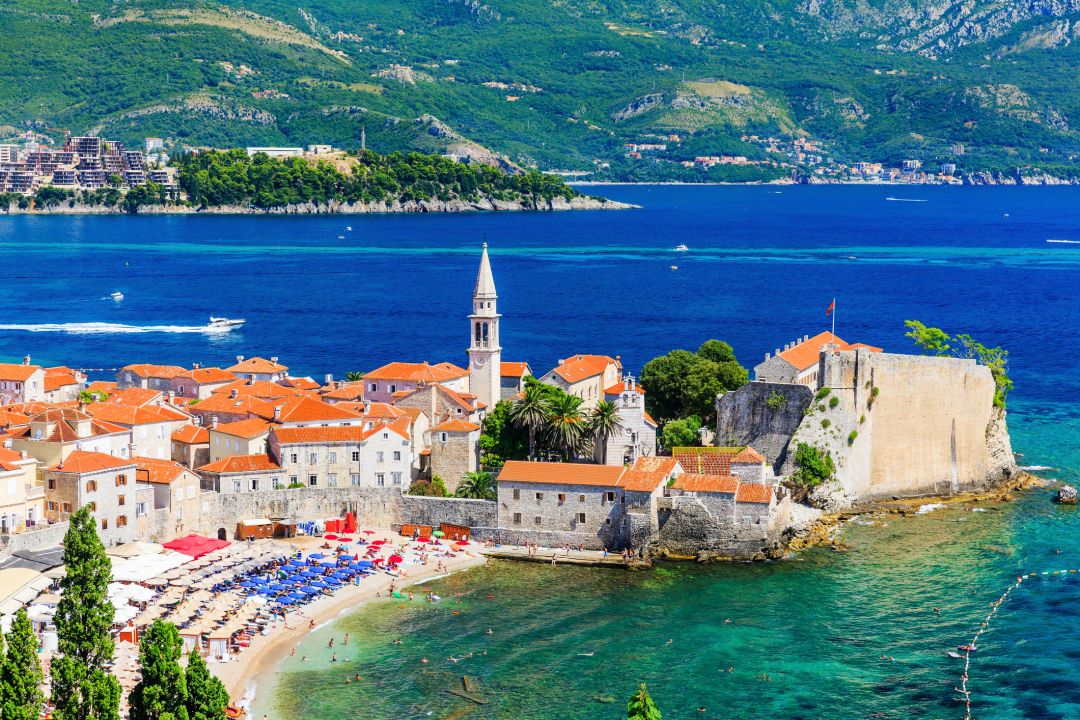
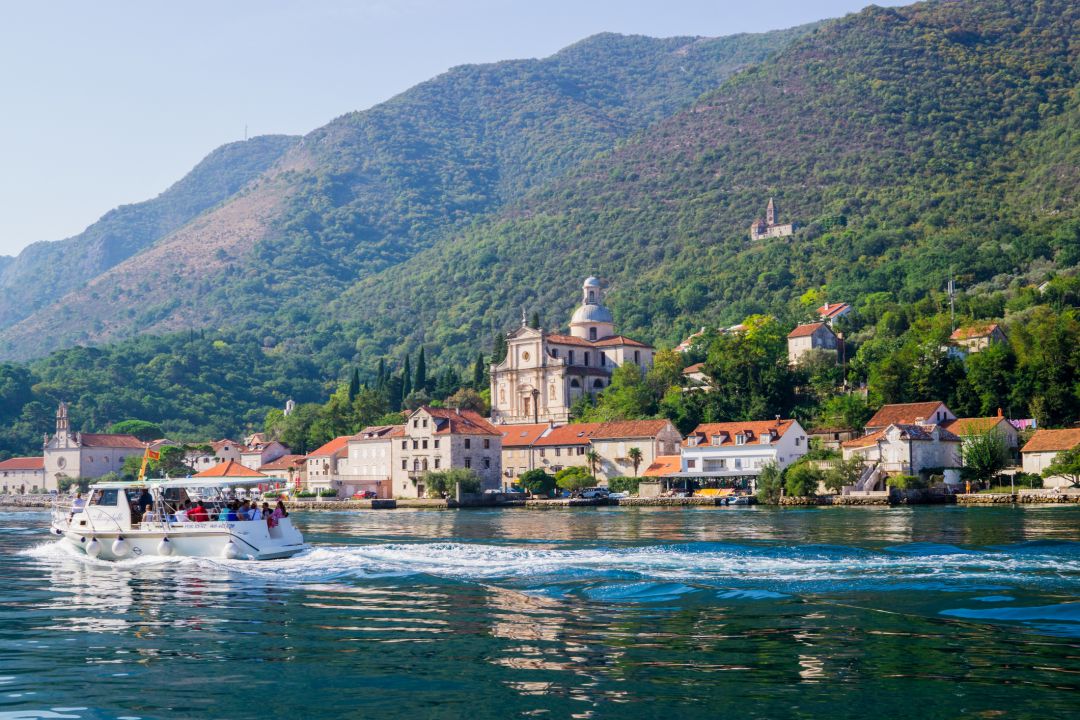
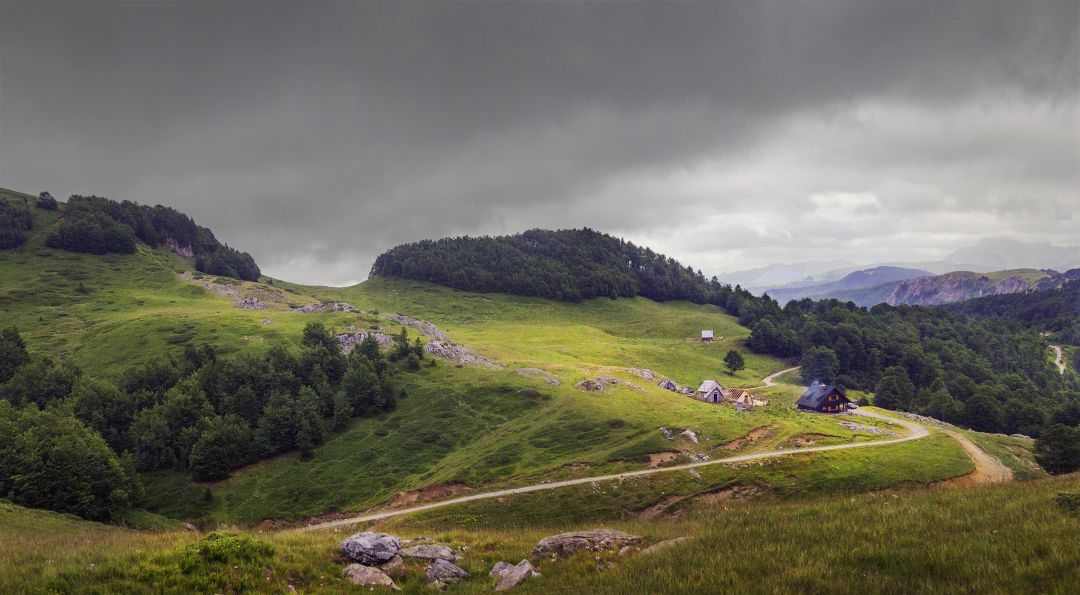
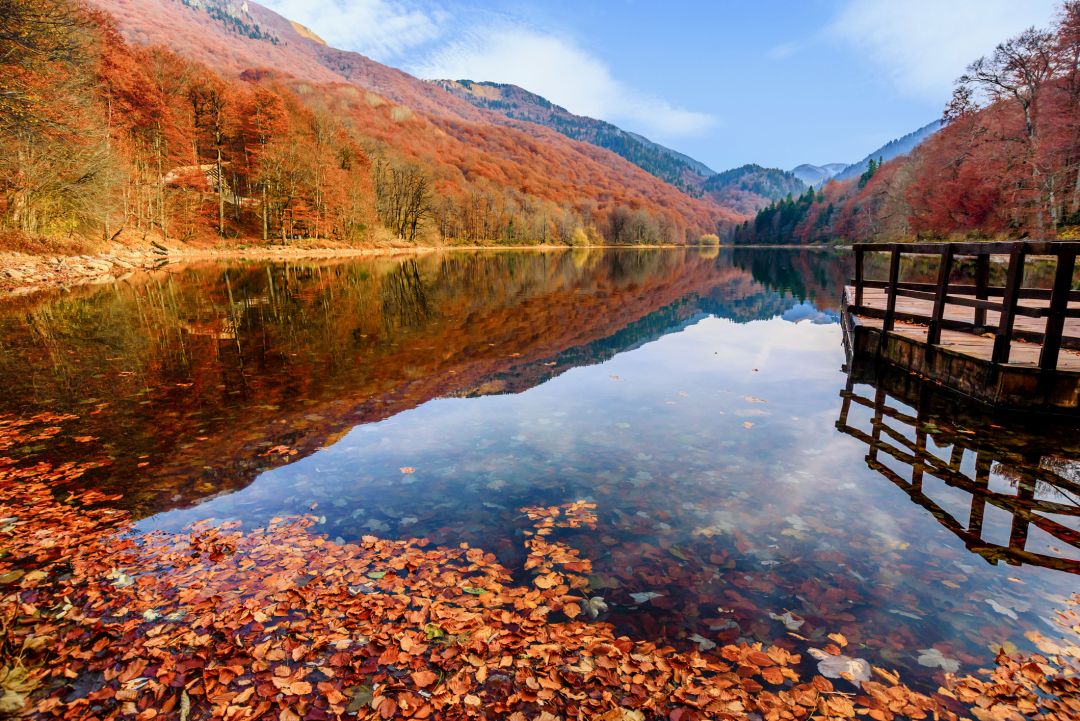
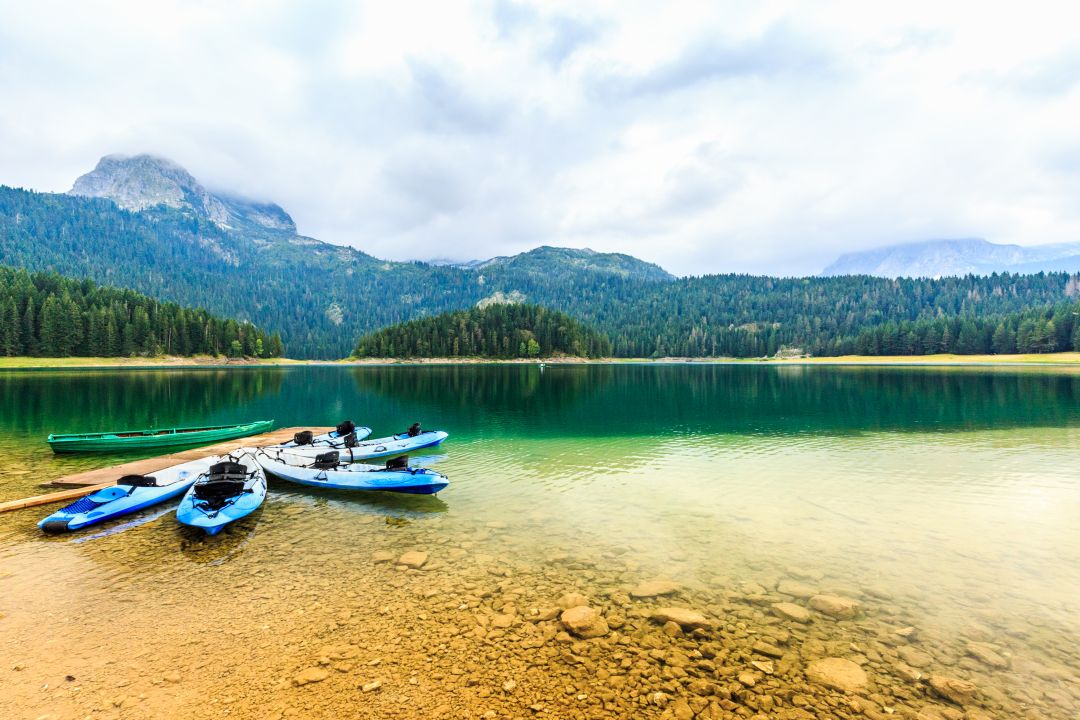
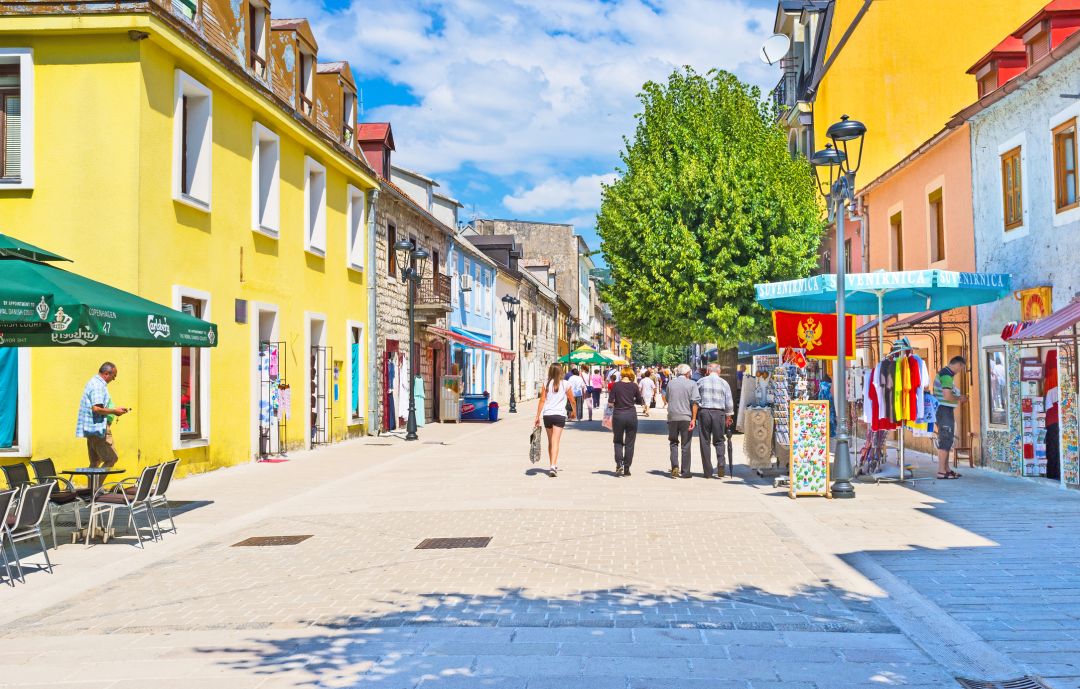
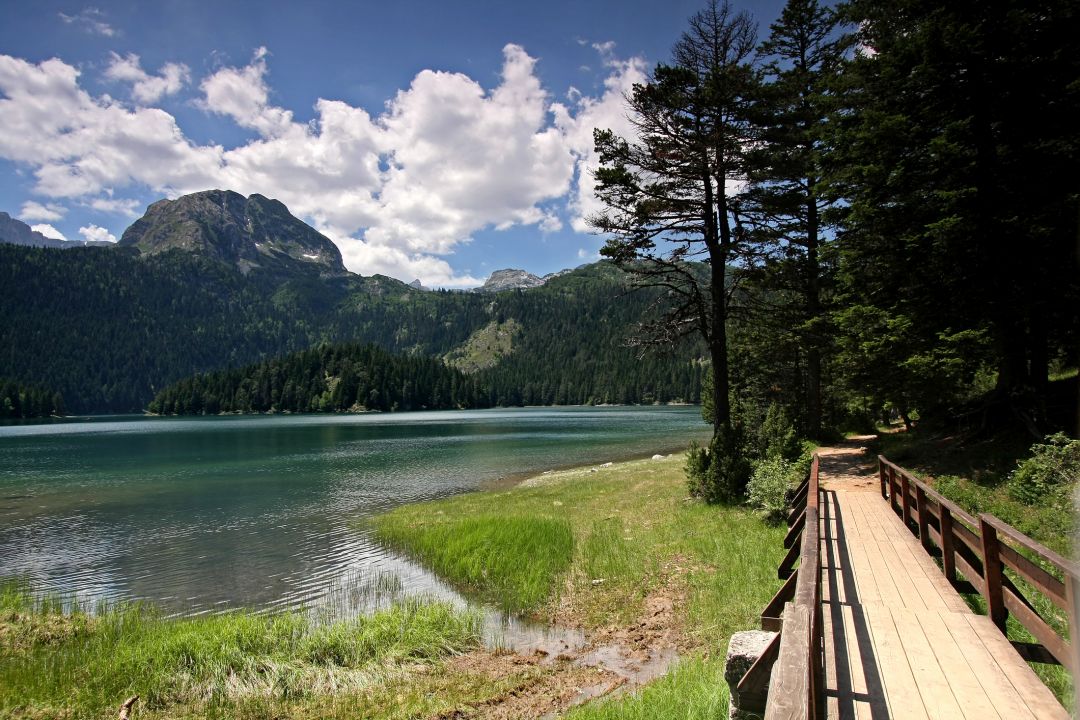
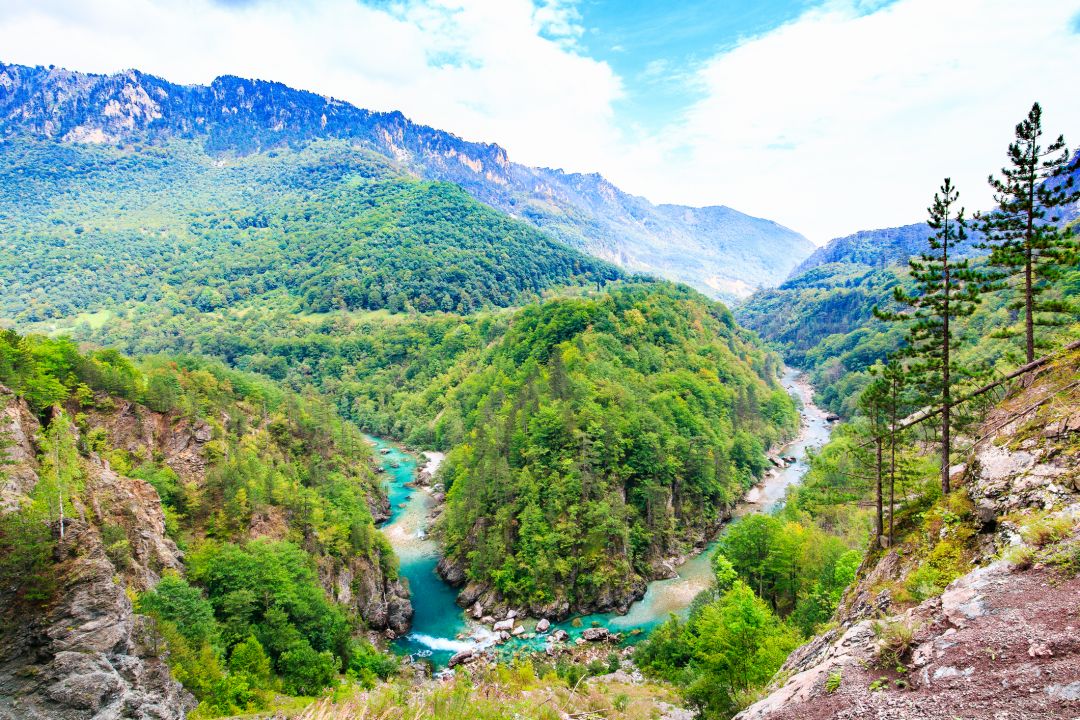
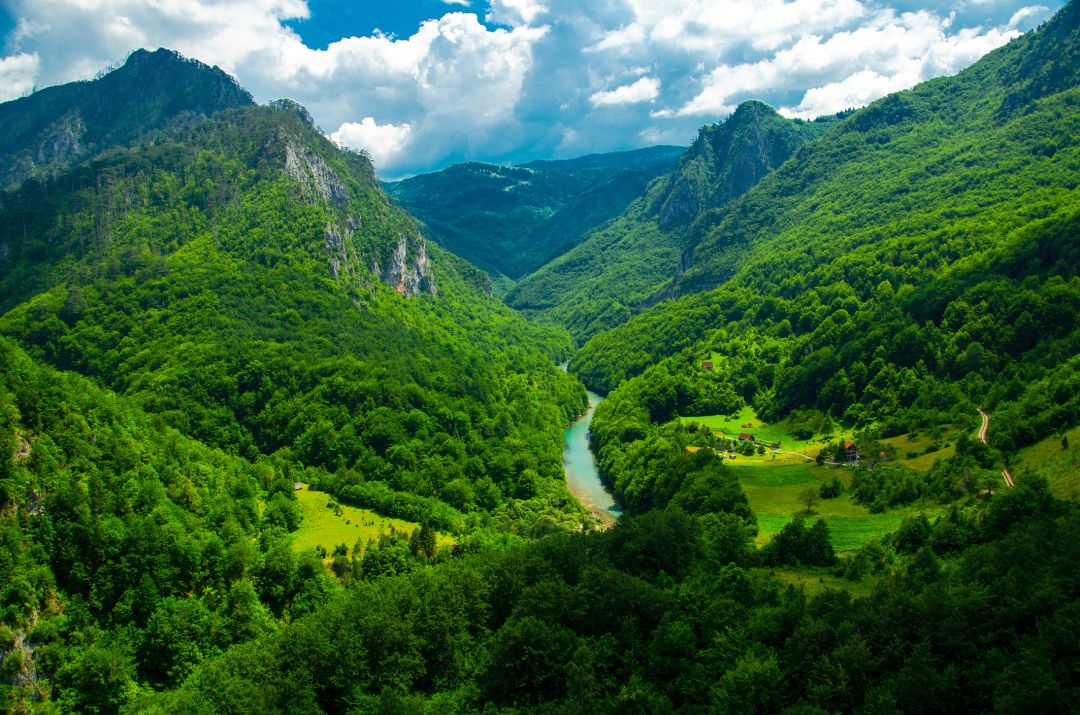
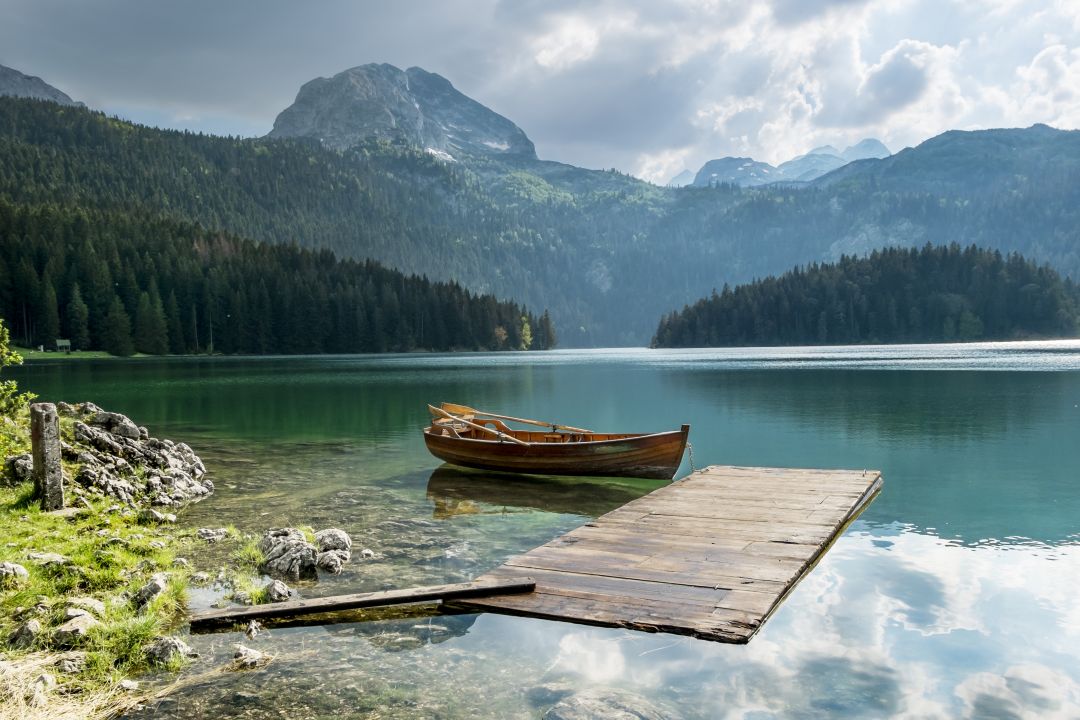
To view images fullscreen please turn device
Overview
A country that has only recently begun to emerge from the shadow of a turbulent past, Montenegro is blessed with a staggeringly rich abundance of natural and cultural attractions.
One of Europe’s newest countries, with a history that dates back to the Byzantine Empire of the 9th century, Montenegro can boast an incredible diversity of highlights for its size. Byron once wrote; “When Pearls of Nature were sown, it was with a full hand that they were cast on this soil” ...
A country that has only recently begun to emerge from the shadow of a turbulent past, Montenegro is blessed with a staggeringly rich abundance of natural and cultural attractions.
One of Europe’s newest countries, with a history that dates back to the Byzantine Empire of the 9th century, Montenegro can boast an incredible diversity of highlights for its size. Byron once wrote; “When Pearls of Nature were sown, it was with a full hand that they were cast on this soil”, and Montenegro is indeed a country with a lot to offer the visitor.
Covering an area of just under 14,000 square kilometres it enjoys some of the most picturesque coastline anywhere in the Adriatic, whilst the mountains of its northern regions include the stunning landscapes of Durmitor National Park and the Tara River Canyon, the deepest in Europe. In recent years the country has regularly featured in the listings of the world’s top tourist destinations, its stunning beaches and well-preserved historic towns providing it with an enviable mix of culture and beauty.
Home to two UNESCO World Heritage Sites, captivating old towns like Budva and Cetinje and a landscape that includes the stunning Kotor Bay and the ancient forests of Biogradska Gora National Park, Montenegro provides a spectacular destination for both active adventures and cultural breaks.
Meet the Experts
Start your journey
Group tours
Travel to Montenegro with like-minded people on one of our small group tours (usually max size 12), featuring knowledgeable local guides and an expert tour leader.
Discover more
WHEN TO GO
USEFUL INFORMATION
Health and Vaccinations
There are no mandatory immunisations for travellers to Montenegro though you should be up to date with Typhoid, Tetanus, Polio and Hepatitis A. Please note we are not medical professionals and so we highly recommend you seek advice from your local GP or travel centre as to the correct immunisations and preventative treatments.
Currency
In Montenegro the official unit of currency is the Euro.
To check out the latest exchange rate for the places that you are visiting you can go to www.oanda.com.
Cultural Sensitivity
On our tours we frequently interact with local people, each with their own distinct customs and traditions. We therefore ask you to be considerate and to treat them with respect. Your guides will be able to advise you accordingly.
Language & Religion
In Montenegro, the official language is Montenegrin. Montenegro is a multi-religious country. Although Orthodox Christianity is the dominant form of religion, there are also sizable adherents of Islam and Catholic Christianity. The dominant Church is the Serbian Orthodox Church although traces of a forming Montenegrin Orthodox Church are present.
Time
Montenegro is 1 hour ahead of GMT.
A useful website to check the time zone differences is www.worldtimezone.com.
Food and drink
Montenegrin cuisine can be divided into Northern, Continental and Mediterranean. Nearly all produce is organic, and tastes are distinctive. A traditional form of cooking is ispod - 'under the coals' - in a pot known as a sac. The northern area features forests berries, blueberries, raspberries and strawberries, also herbal teas and wild mushrooms. They cook with sour cream (kajmak), yoghurt and both cow's and sheep's cheese. The finest kajmak, it is claimed, comes from Trsa, the highest pasture in Durmitor, naturally flavoured with wild herbs makes a delicious dip.
Dishes include stewed sauerkraut, lamb cooked in milk, peppers in kajmak and Durmitor steak. Montenegrins are noted carnivores. The continental area uses a lot of fish from Skadar Lake, especially carp, trout and eel, smoked, fried and in salad. They prepare smoked ham, cheese in olive oil, sausages and smoked mutton ham. Around Podgorica they stuff cabbage leaves with minced meat and rice, and carp with risotto and dried plums. The Mediterranean holy trinity is wine, fish and olive oil. Olive oil is the basic of every meal with fish, salad and vegetables and sauces, with garlic and parsley.
Montenegro produces both red and white wines. The terraced slopes of Crmnica are the source of the pick of the crop. Vranac is the best known and an eminently drinkable red, with a fine ruby colour and a Mediterranean character. Vranac pro Cordem is a vranac with a high level of prothoanthocyanidol and is marketed as being good for your heart. The third popular variety is Merlot. Krstac is a pleasant dry white which competes with the local Chardonnay and with a very decent Sauvignon.
The real national drink is rakije, a white grape brandy which is the universal mark of Montenegrin hospitality and a great source of goodwill. The slightly upmarket version is Kruna, distilled in copper stills fired with vine twigs and wood, and the Podgorica variety is called Crnogorski Prvijenac.
Travelling Solo In Montenegro
All of our small group tours are designed to cater for solo travellers: the number of solo travellers will vary from tour to tour, but usually over half will be travelling alone. Get all of the excitement of discovering new places combined with the security of travelling with an organised group, with like minded people.
